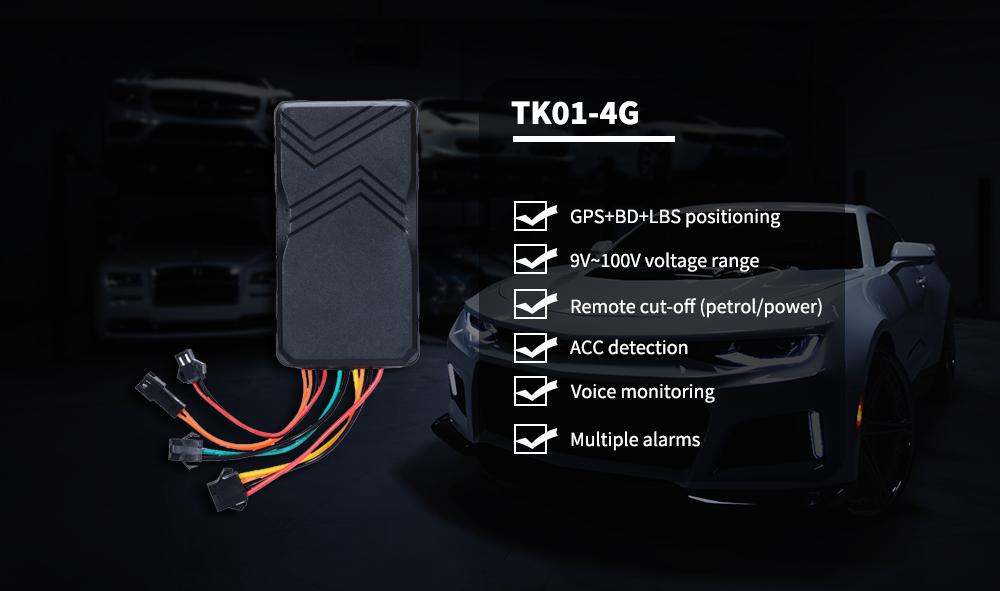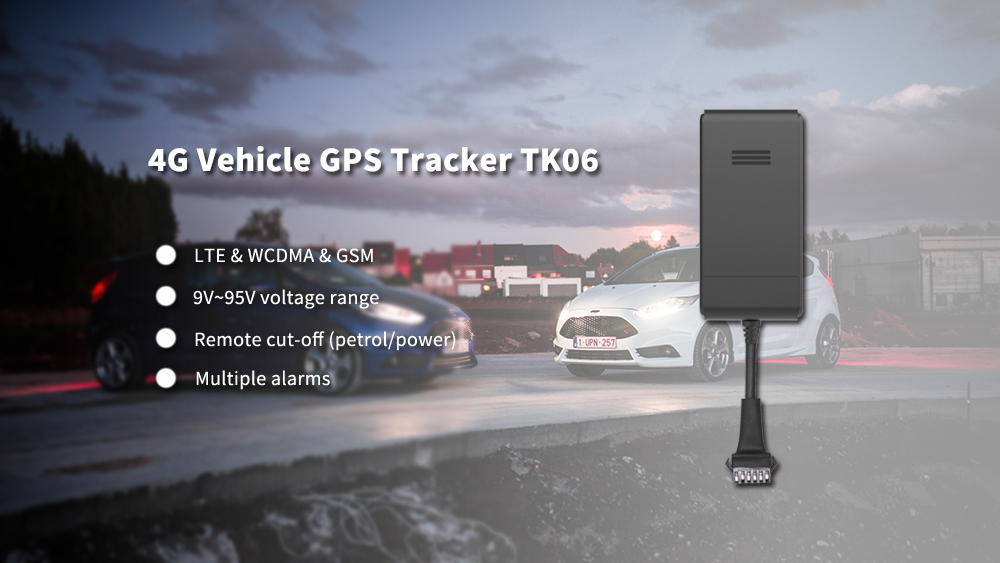

IoT – the Internet of Things. The extension of Internet and its usage evolved into intelligent objects and applications (in our specific case, connected vehicles) that communicate between themselves. In 2020 –not long!–it has been estimated that there will be 26 billion objects connected at a global level, and vehicles are definitely on the list!
With the advent of GPS (Global Positioning System) technology, it is now possible to track the movement of commercialized and private vehicles within stipulated period. All they have to do is to place a GPS tracker in their vehicle which is in control of the entire Automatic Vehicle Location (AVL) system. GPS basically traces through the satellite and sends the information to the server. The user is provided with the necessary information over the internet through secured web interface using specialized software that operates on Automatic Vehicle Location (AVL) technology and also through email & SMS.
Vehicle tracking is an effective solution which helps in tracking and monitoring the movement of vehicles in real time. The supply and maintenance of vehicle tracking systems for fleet management has become big business in the last few years. GPS vehicle tracking systems are rapidly becoming a vital tool for many business owners with a vast fleet. In fact, nearly all businesses owning a large fleet are considering tracking systems as the right way to improve their efficiency and as a result, increase profitability.
Telematics is the solution to nearly every problem your fleet faces. Telematics rose in the 70s as a way to create vehicle reports for manufacturing. Since then, advancements to the technology have made it widely appealing to fleets. There is even growth in the private sector with insurance telematics. As technology improves, there are more options for fleets. The solutions and benefits they receive are more comprehensive. But telematics today solves many fleet management issues.
Determine Your Reporting Needs
How often do you want your GPS vehicle tracker to report the location of the vehicle you are tracking? GPS tracking devices when used with GPS tracking software are capable of reporting in intervals varying from every few minutes / hours and even real-time updates. Typically, the speed and frequency of reporting greatly influence the cost of a GPS vehicle tracking device.
Visibility
Visibility is an enormous challenge for fleets. Fleet telematics aims to solve this with its many systems. GPS tracking gives you insight into where your vehicles and assets are at all times. Geofencing allows you to see how long a vehicle idles in one area. It also alerts you of incoming deliveries and outgoing assets. This may even help with theft prevention. You’re able to set alerts for specific locations with a geofence. This way, if an asset isn’t where it belongs, you’ll be alerted to the potential theft.
Budget
Now-a-days many companies offer GPS fleet management system at a cheaper price. Determining the best vehicle tracking system for your needs and budget will depend upon the size of your operations and how much money you think you may actually save by investing in one. You have to do a comparative study that helps you to narrow your search and finally arrive at a system that economically benefits you besides meeting your business objectives.
Route Planning
Inefficient routes increase your fuel consumption and cause possible delivery or service delays. Drivers may get stuck in traffic or be forced to detour due to construction. Local fleet drivers may bounce back and forth to fulfill deliveries or service requests. A service company may try to plan appointments ahead of time, along with routes. However, you may get cancelations or new requests for same-day service which can’t be accounted for in advance.
Telematics allows you to ensure drivers take the shortest, safest route. They’ll use less fuel and arrive on time, if not earlier. It also helps your fleet tackle more in a day, which means you can provide service to more customers. In other words, route optimization helps you grow your fleet business.
Features & Specifications
If you want to buy an ideal GPS Vehicle tracking system (VTS), then you should take care about its features and specifications too. Try buying such device that offers you with a gamut of features including real time position information, sensor integration, geozones & custom landmarks, alerts via email & sms, fleet maintenance, enhanced security, multimap & multilingual support, etc.
Cost Management
One of the greatest pressures on a fleet manager is to stay on budget. It’s no easy task. However, telematics can help with nearly every function it provides.
With vehicle diagnostics and behavior tracking, you can reduce accidents and repair costs. With maintenance scheduling, you can focus on preventative maintenance and reduce costly repairs and vehicle downtime. Route optimization lowers fuel consumption and helps you grow your business. Hours of service logging helps you avoid penalties for ELD mandate noncompliance. Geofencing helps alert you to thefts and unauthorized use, then GPS helps you recover missing assets. On it goes, until you see that the entire telematics systems work to save you money.
Find an Expert
As you opt for a GPS vehicle tracking device, it is important to find a reputable and reliable dealer or domain expert in vehicle tracking to assist you with setup, maintenance and after sales service.

_____________________________________________________________________________________________________________________________________________________________________________________________________
Telematics is one of the greatest tools for any fleet manager. Learn more about fleet telematics and how it can benefit your company, at HengJi KeDa.


